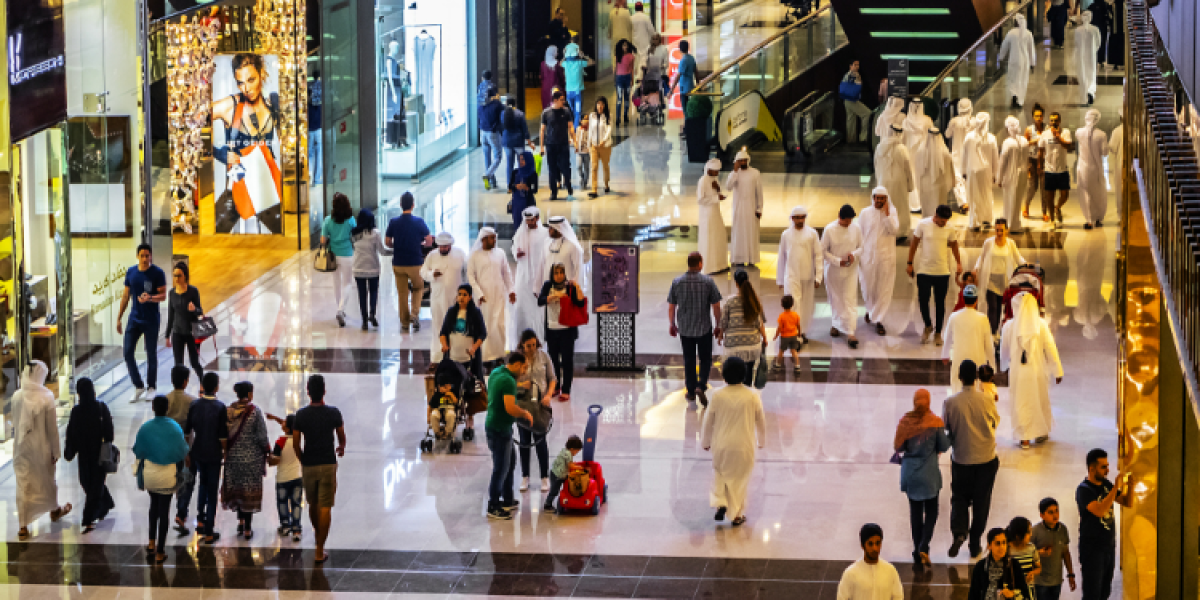
The number one city in the United Arab Emirates (UAE), Dubai stands out in terms of immigration. Its economic prosperity has left everyone speechless. After a sudden demographic drop in the early days of the pandemic, Dubai started welcoming new immigrants in the fall of 2020. So how has this city become a favorite expat destination within the past two years?
The new hotspot for expats?
While other countries are still bearing the brunt of the pandemic, Dubai boasts its economic prosperity thanks to the massive arrival of new immigrants. In less than two years (end of 2020-April 2022), Dubai added nearly 100,000 people to its population. Today, it is home to more than 3.5 million inhabitants, including large expat communities from around the world. In fact, expats have been back in Dubai since the fall of 2020. This Emirate clearly relies heavily on its foreign workforce, which constitutes most of its population. Sheikh Khalifa bin Zayed Al Nahyan, President of the UAE, implemented an economic recovery policy based on the Emirate's openness to foreigners.
As all countries closed their borders to contain the Covid pandemic and prevent new waves, the UAE did the exact contrary. From the beginning of the summer of 2020, the country reopened its borders to revive tourism, a sector that has been globally devastated by the crisis. Dubai introduced a series of security measures to reassure visitors, including tests, quarantine, mandatory health coverage and mobile application, E-visa, etc. Surprisingly, these measures were understood and accepted by visitors.
Dubai quickly became one of the few cities where people could live normally. Its economy was revived by tourism and business, and so was the enthusiasm for moving to Dubai is growing, as evidenced by social media. Caroline Faillet, director of Opinion Act, a research firm, noted that during the peak of the pandemic, the term "Dubai" almost tripled on social media, "going from 250,000 to 629,000". But this popularity wasn't totally spontaneous. The Emirati government has strongly encouraged this "Dubai effect", especially via its "ambassadors". As a result, Dubai has become THE city in motion in spite of the pandemic, while other countries remain stuck in their restrictive policies.
The reasons behind Dubai's success
Since Dubai reopened its borders before all other tourist hotspots, it not only got a lot of financial benefits but also attracted a pool of immigrants who chose to stay long term. The government is doing everything to facilitate residence for expats, because many business people have left the country at the start of the pandemic, and not many of them have returned. So the new challenge is to bring back its former expats and attract many more.
From the fall of 2020, Dubai has been betting a lot more on digital nomads by introducing a new visa dedicated to them. A golden visa was also implemented for "foreign talents". According to Prime Minister Mohammed ben Rashid Al Maktoum, this includes investors, engineers, athletes, scientists, artists, outstanding doctors, etc. In September 2021, Abdulla bin Touq al-Marri, Emirati Minister in Dubai, announced a new economic development policy. The new Green Visa is also meant for global talent. This visa is available without a sponsor and allows family reunification. However, it is strictly intended for "highly qualified professionals", meaning that blue-collar workers are excluded. Dubai indeed has its doors wide open for wealthy investors, entrepreneurs, researchers, high-potential students (masters, doctorates), and other startupers.
The Dubai effect is thriving. Boasting its strategy against the pandemic, the Emirate is increasingly popular with expat families, especially with schools that are still open. British expats believe that Brexit also has an impact on the rise of immigration to Dubai. Relaxed entry conditions and formalities have been seducing wealth investors.
Conclusion
Dubai's rise clearly shows that it is on the right track toward the Dubai 2040 strategy, aiming at attracting 5,8 million inhabitants by then. To achieve this milestone, the Emirate has embarked on a modernisation process that includes enhancing its urban areas with green spaces, introducing ecological transport and accommodation, as well as leisure and shopping areas.



















